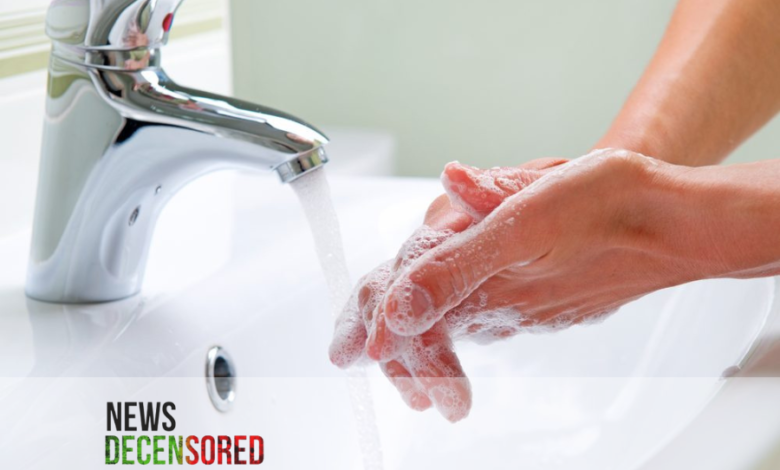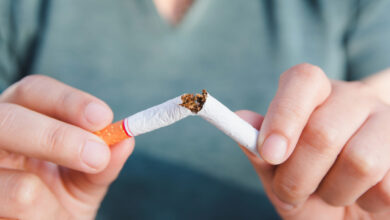The concept of hygiene and cleanliness in Islam, a key to fitness and well being

Cleanliness is considered to be half of the belief in Islam. And when we talk about cleanliness it is not only the physical cleanliness that we talk about but it also talks about a clean heart and soul. Muslims value physical and mental cleanliness a lot. In the Holy Quran Allah mentions cleanliness so many times in Quran, He says and I quote;
“Allah loves those who keep themselves clean and pure, and it is the duty of every Muslim to maintain a high level of personal hygiene.”
Muslims are required to perform ablution or wudu before prayers. Ablution involves washing their hands, mouth, nose, face, arms, and feet. Muslims are also advised to sleep in the state of ablution.
And before prayer is not the only time that they need to purify themselves as Allah love stores who stay clean and mentions in the Holy Quran,
“Truly, Allah loves those who turn to Him constantly and He loves those who keep themselves pure and clean.”
We can also purify our souls on a regular basis by reciting Istighfar and apologizing to Allah for our sins. And Allah also loves the people who forgive others. This is another way of keeping your soul clean of any negativity and anger.
There is a decided way of shower(ritual bath) called ‘ghusl‘ that Muslims perform to purify themselves. Ghusl is obligatory for Muslims after sexual activity, menstruation and before burial. The concept is to purify the body when it is spiritually or physically impure.
In case of men, they are obligated to take the ritual bath after the ejaculation of semen with or without discharge and after sexual activity.
Menstruation baths are exclusive for women. Women need to shower after bleeding. They also need to shower after giving birth when the bleeding stops.
In surah An-Nisa Almighty Allah has ordered ghusl in the following words;
“O you who have believed, do not approach prayer while you are in a state of drowsiness until you know what you are saying or in a state of janabah, except those passing through [a place of prayer], until you have washed [your whole body].”
In the impure state of the body, Muslims are not allowed to touch the Quran or Quranic script. They are not allowed to perform prayer, to go and stay in the mosque. Crossing the mosque is allowed by entering from one door and exiting from another.
This is how clearly Islam has given the ways and needs to stay clean and hygienic to Muslims.




